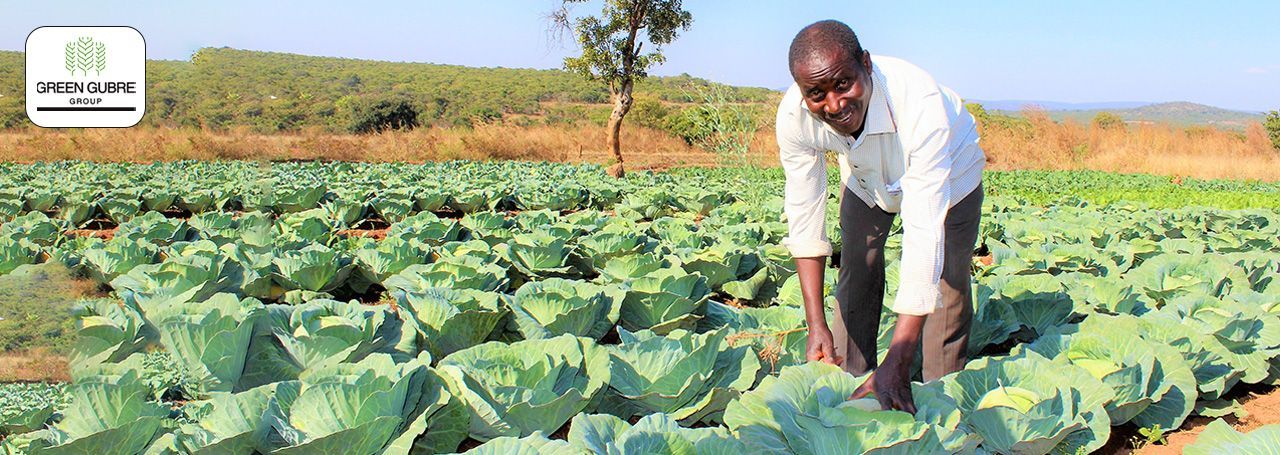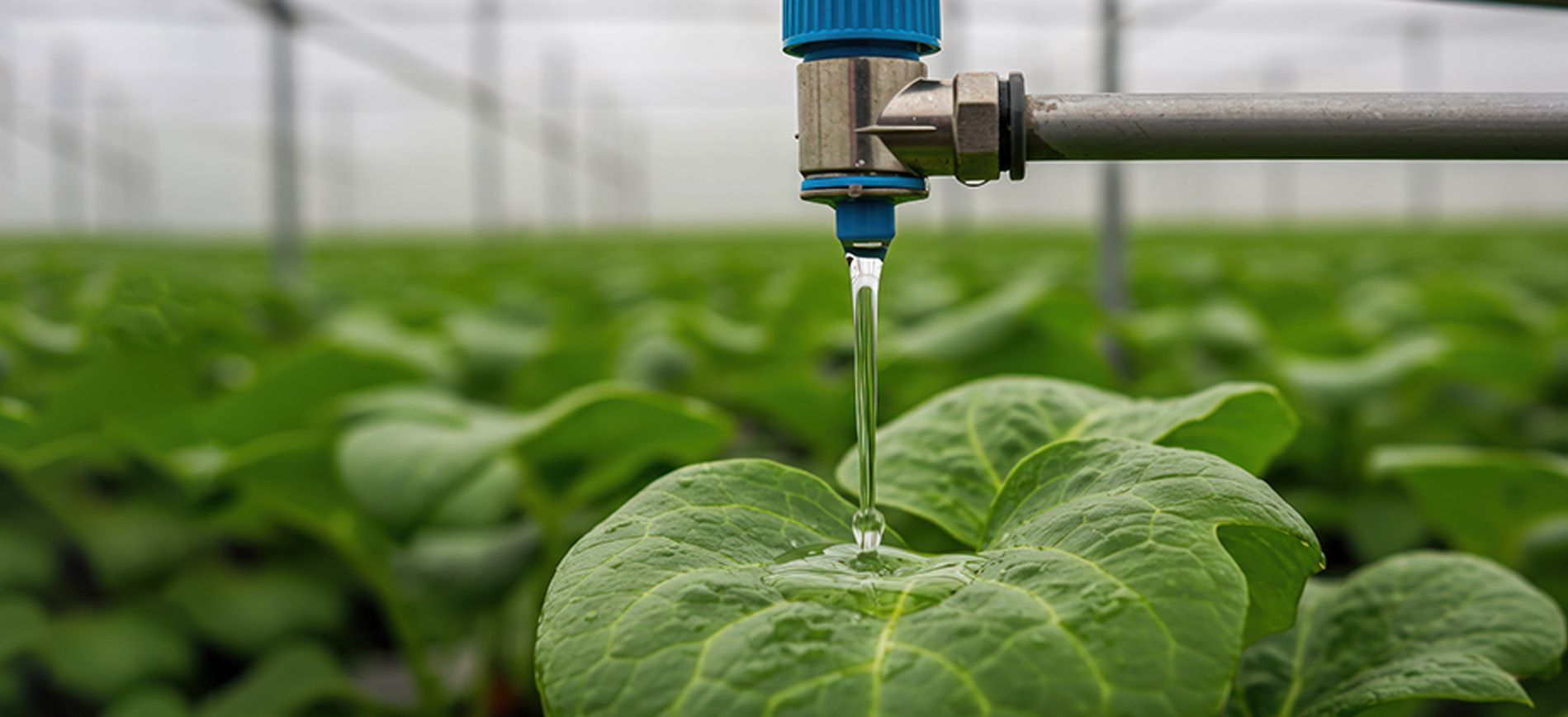Climate-Resilient Crops: Supporting Sustainable Agriculture in Africa and India
Climate-Resilient Crops: Supporting Sustainable Agriculture in Africa and India

As climate change impacts agricultural productivity worldwide, Africa and India are increasingly vulnerable to extreme weather events, unpredictable rainfall, and rising temperatures. Climate-resilient crop varieties, bred for drought tolerance, pest resistance, and heat resilience, offer a promising solution for sustaining productivity and supporting food security in these regions. This blog explores the benefits of climate-resilient crops, the types best suited for African and Indian agriculture, and strategies for promoting their adoption among smallholder farmers.
1. The Need for Climate-Resilient Crops in Vulnerable Regions:
In Africa and India, millions of farmers depend on agriculture as their primary livelihood, making them highly susceptible to climate variability. Traditional crop varieties often struggle under extreme conditions, resulting in yield losses that threaten both food security and income stability.
- Addressing Drought and Water Scarcity: Climate-resilient crops can survive with less water, making them ideal for arid and semi-arid regions where water resources are scarce. Drought-tolerant varieties support consistent yields despite limited rainfall, helping farmers adapt to water scarcity.
- Improving Pest and Disease Resistance: As warmer temperatures and changing rainfall patterns increase the prevalence of pests, climate-resilient crops with natural resistance reduce the need for pesticides and lower production costs.
- Ensuring Food Security in Changing Climates: By maintaining productivity under adverse conditions, climate-resilient crops contribute to stable food supplies, reducing dependency on imports and supporting national food security goals.
2. Types of Climate-Resilient Crops for African and Indian Agriculture:
Several climate-resilient crop varieties are suitable for the unique environmental conditions of Africa and India, addressing specific challenges such as drought and heat stress.
- Drought-Resistant Maize and Millet Varieties: Drought-resistant maize and millet are essential for arid regions, providing a reliable source of food and income for farmers. Varieties like the Water Efficient Maize for Africa (WEMA) have been specifically developed for African farmers.
- Heat-Tolerant Rice Varieties: Heat-tolerant rice varieties, such as those developed by the International Rice Research Institute (IRRI), thrive in high-temperature environments, making them suitable for regions in India experiencing prolonged heatwaves.
- Legumes with Improved Pest Resistance: Legumes like cowpeas and pigeon peas are vital sources of protein and nitrogen for the soil. Improved varieties with resistance to pests like pod borers ensure reliable yields, even in pest-prone areas.
- Salt-Tolerant and Flood-Resistant Crops: In coastal and flood-prone regions, salt-tolerant and flood-resistant crops like certain types of rice and sorghum can survive soil salinity and waterlogged conditions, supporting farmers facing coastal erosion and flooding.
3. Challenges in Promoting Climate-Resilient Crops:
The adoption of climate-resilient crops faces barriers, such as limited access, knowledge gaps, and financial constraints. Addressing these challenges is essential for encouraging farmers to adopt these resilient varieties.
- Limited Availability of Resilient Seeds: Farmers in remote areas often struggle to access high-quality, climate-resilient seeds. Expanding distribution networks through partnerships with seed companies can improve availability and affordability.
- Lack of Awareness and Training: Many farmers are unaware of climate-resilient crop benefits and may be hesitant to adopt new varieties. Training programs on crop management, coupled with demonstration farms, can showcase the effectiveness of these crops.
- Financial Constraints and Initial Costs: The initial cost of climate-resilient seeds can be a barrier, especially for smallholder farmers. Subsidies, grants, and credit programs can ease the financial burden and make resilient seeds more accessible.
4. Strategies to Support Adoption of Climate-Resilient Crops:
Various initiatives can promote the widespread adoption of climate-resilient crops, enhancing food security and sustainable agriculture in Africa and India.
- Public-Private Partnerships to Expand Seed Access: Collaborations between governments, private seed companies, and research institutions can ensure that climate-resilient seeds reach rural farmers. These partnerships can establish local seed production and distribution facilities to improve availability.
- Educational Campaigns and Demonstration Farms: Demonstration farms allow farmers to observe the benefits of climate-resilient crops firsthand. Combined with educational campaigns, these initiatives build trust and confidence in resilient varieties.
- Financial Assistance and Insurance Programs: Governments and NGOs can offer financial assistance through subsidies or grants for climate-resilient seeds. Crop insurance programs tailored to climate-resilient crops also provide a safety net, helping farmers recover from climate-induced losses.
- Integration into Crop Rotation and Intercropping Systems: Integrating climate-resilient crops into crop rotation or intercropping systems can improve soil health, enhance biodiversity, and increase resilience to pests. This approach maximizes productivity while preserving soil fertility.
5. Benefits of Climate-Resilient Crops for Sustainable Agriculture:
Climate-resilient crops offer multiple benefits, from economic empowerment to environmental sustainability, making them a vital component of sustainable agriculture in Africa and India.
- Increased Crop Yields and Farmer Profitability: Climate-resilient crops improve yield stability, even under adverse conditions, increasing profitability for smallholder farmers. Stable yields provide farmers with reliable income and enable investment in future growth.
- Enhanced Climate Adaptation and Resilience: By reducing the impact of droughts, floods, and pests, climate-resilient crops help farmers adapt to climate change. This resilience supports long-term agricultural productivity and reduces vulnerability to climate shocks.
- Reduced Dependence on Chemical Inputs: Many climate-resilient crops have built-in pest and disease resistance, reducing the need for chemical pesticides and fertilizers. This minimizes environmental impact, supports soil health, and promotes biodiversity.
- Supporting National Food Security Goals: Climate-resilient crops play a vital role in achieving food security goals, reducing the need for food imports, and ensuring stable local food supplies. As adoption grows, these crops contribute to resilient food systems.
Conclusion:
Climate-resilient crops offer a sustainable solution for farmers in Africa and India to cope with climate change and support agricultural productivity. By expanding access to resilient seeds, providing training, and offering financial support, stakeholders can encourage widespread adoption, ensuring food security and economic stability. With climate-resilient crops, Africa and India are better equipped to overcome climate challenges, promoting sustainable agriculture and building a foundation for a food-secure future.




